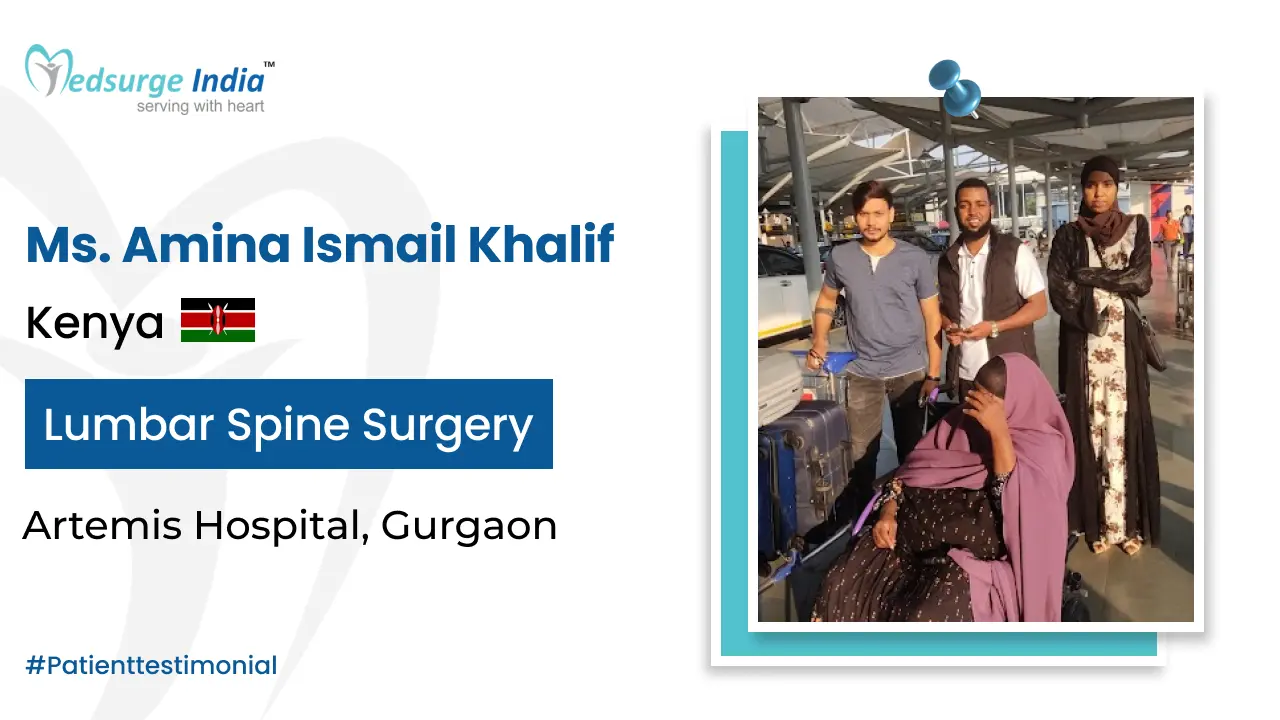
Thymoma and Thymic Carcinoma in Focus: Differences and Similarities
There are two forms of thymus cancer: thymoma and thymic carcinoma. The thymus gland is a small organ located in the upper chest region. It is situated above and ahead of the heart. It produces leukocytes, which aid the immune system in battling infections. Tumors outside the thymus develop in certain types of cancer. Both types are uncommon. Thymoma is respectively less dangerous and easier to manage than thymic cancer. It’s also simpler to handle.
Thymoma is sometimes confused with thymic carcinoma. Although the thymus gland, a lymphoid organ that produces T lymphocytes (T cells), is affected by both of these rather uncommon cancer forms, there are some significant distinctions between them. Here let us learn the differences and their similarities.
Difference Between Thymoma And Thymic Carcinoma
Their Origin and Their Behavior:
- Thymoma: It is generally a slow-growing and non-cancerous tumor that arises from thymic epithelial cells. It tends to stay within the thymus and does not invade the surrounding tissue or metastasize to other parts of the body however, it can be locally invasive.
- Thymic Carcinoma: On the other hand, thymic carcinoma is a malignant tumor that develops from thymic epithelial cells and it is more aggressive as compared with thymoma. They have a higher tendency to invade nearby structures and can metastasize to distant organs which makes it more likely to spread beyond the thymus.
Clinical Presentation:
- Thymoma: They are often asymptomatic and may cause mild and non-specific symptoms such as chest pain, cough, or myasthenia gravis i.e. a neuromuscular disorder. These are frequently discovered incidentally.
- Thymic Carcinoma: They tend to be severe and have specific symptoms, including chest pain, shortness of breath, cough, and other signs of advanced malignancy.
Aggressiveness:
- Thymoma: They are generally less aggressive and have a better prognosis compared to thymic carcinoma. The likelihood of a cure for thymoma is higher with an early diagnosis and appropriate treatment.
- Thymic Carcinoma: They have a poorer prognosis due to their aggressive nature and potential for metastasis and may require more aggressive treatment approaches.
Who is Impacted By it?
Adults aged 40 to 75 are most commonly affected by thymomas and thymic carcinomas. The majority of Americans with diagnoses are of Asian or Pacific Islander descent.
Thymomas and autoimmune paraneoplastic diseases are frequently linked. Your body’s immune cells wrongly attack healthy cells when you have an autoimmune paraneoplastic syndrome, which results in uncomfortable symptoms. The following paraneoplastic disorders are most frequently linked to thymoma:
- Myasthenia Gravis: An autoimmune disease that affects your muscles and nerves, leading to weakening in your muscles.
- Pure red cell aplasia (PRCA): It is a blood condition in which your bone marrow does not produce enough red blood cells. Anaemia is caused by PRCA.
- Hypogammaglobulinemia: A condition affecting the immune system where the body produces insufficient antibodies to fight illness and ward off infections is known as hypogammaglobulinemia, or “Good syndrome.”
Helpful:- Top 10 Causes of Cancer
Similarities of Thymoma and Thymic Carcinoma
Thymoma and thymic carcinoma share some similarities such as their difference in behavior, aggressiveness, and prognosis necessitating distinct treatment approaches.
- Diagnosis: Both thymoma and thymic carcinoma are diagnosed through similar methods, including clinical evaluation, imaging tests, and biopsy tests to confirm the presence of the tumor.
- Treatments: The initial treatment approach for both thymoma and thymic carcinoma typically involves surgical removal of the tumor, this may be followed by chemotherapy and radiation therapy as a part of the treatment plan.
- Location: Both thymoma and thymic carcinoma originate in the thymus, which is a gland located in the mediastinum, i.e. the area between the lungs and behind the breastbone.
Note: The choice of treatment depends on the specific type and the stages of the tumor present, as well as the individual and the patient factors which are determined by the healthcare provider.
Helpful:- Lung Cancer Treatment Cost in India
Survival Rates of Thymoma and Thymic Carcinoma
Thymoma typically carries a better prognosis than thymic cancer. Additionally, the chance of survival for cancer that is limited to the thymus is higher than for cancer that has disseminated. The following are the five-year survival statistics for thymus cancers:
- 95% just in your thymus.
- 78% of the spread to adjacent lymph nodes and organs.
- Metastasized, or spread to other bodily parts: 38%.
However, these figures don’t account for variables like your general health, the kind and stage of your disease, or how well you respond to therapy. Your healthcare professional can discuss the various elements that affect your survival chances.












